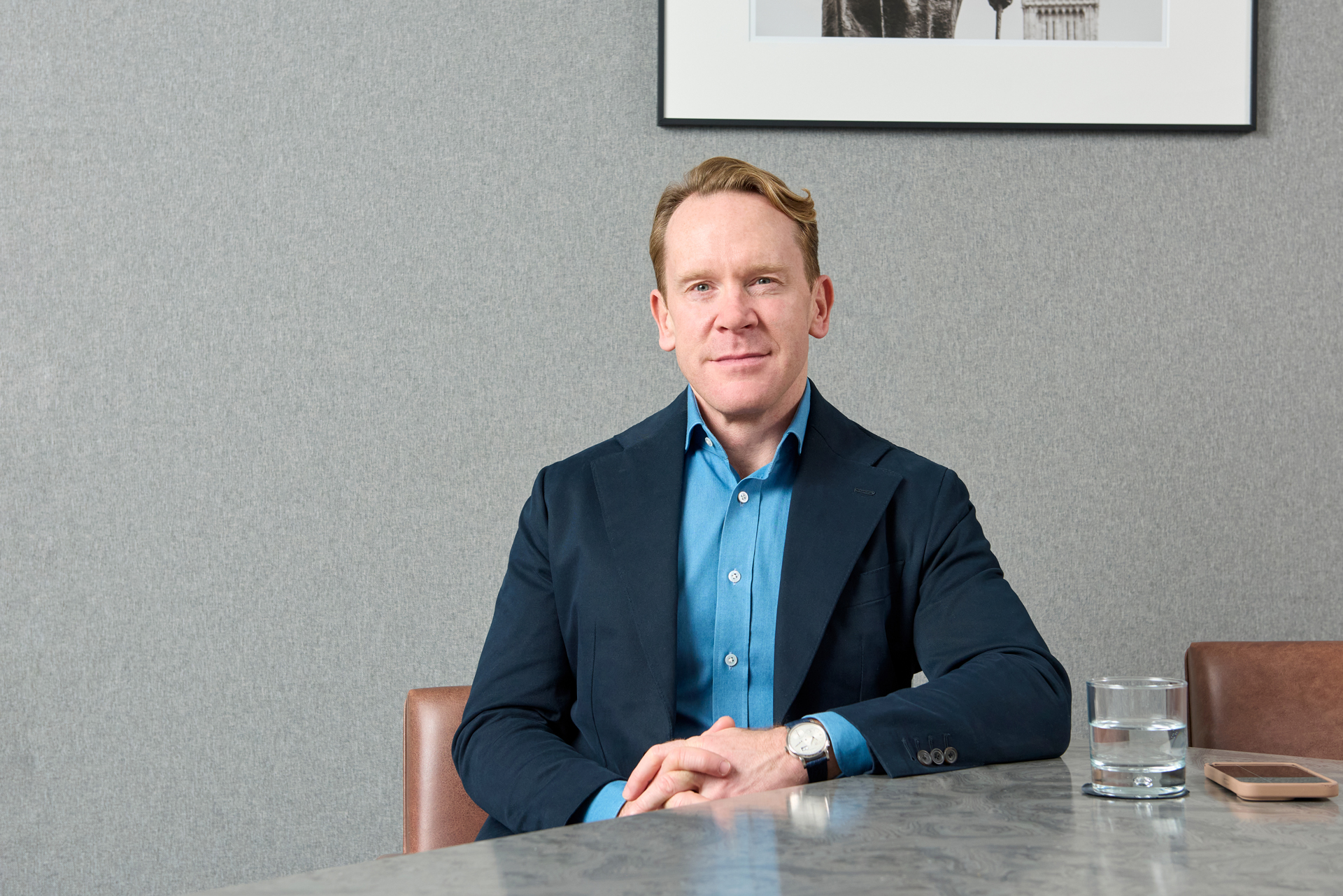Jonathan Newell CEO & Founder BareRock Limited believes that Professional Indemnity Insurance (PII) has a branding problem – and that it’s costing the industry trust.
For years, firms have seen wild premium swings without explanation, coverage shrinking while costs rise, and most damaging of all, insurers abandoning sectors entirely when claims experience worsens. It’s no wonder many advice firms have come to treat PII as a purely transactional commodity. In this article, Newell talks in detail about the PII industry and how advisers can navigate a strategic and successful partnership with their PII provider.
After several years marked by capacity constraints, rising premiums and increasingly restrictive coverage terms, we’re now in the midst of what insurance professionals recognise as a ‘soft market’ in the UK Professional Indemnity landscape. For financial intermediaries that have weathered the recent hard market storm, this shifting environment might initially appear as welcome relief.
However as someone who has navigated the PII sector for three decades, I’ve observed this pattern repeat with remarkable consistency: market cycles are precisely that – cyclical. Today’s pricing relief invariably gives way to tomorrow’s corrections. The pendulum never stops mid-swing.
So where does that leave financial advisers right now? And what does that mean for their relationship with the PII industry. Well, most notably it leaves us with a pattern of provider switching and a bit of a trust issue.
When an insurer has repeatedly demonstrated they’ll hike your premium in a hard market regardless of your claims history or loyalty, why not grab the lowest price available during soft markets? When premiums drop, there’s an almost irresistible temptation to shop around for the absolute rock-bottom price. PII isn’t cheap – it represents a significant line item for most firms. Why wouldn’t you try to minimise that cost? But here’s the thing. Those who chase the lowest premiums during soft markets inevitably get caught in the correction.
As an industry, financial advice is built on principles of long-term thinking and consistency. Advisers routinely show clients those compelling charts about staying invested through market cycles – how missing just the ten best days in the market can significantly reduce long-term returns. “Time in the market, not timing the market” is a principle we all understand.
Yet when it comes to PII decisions, it’s remarkably easy for all of us (myself included in my earlier career) to set aside this wisdom. The temptation to switch providers for short-term premium savings is powerful, especially when budgets are tight, and the benefits of consistency aren’t immediately apparent.
This doesn’t mean you should never change providers. Just as you might recommend a client move from an underperforming fund manager or a platform that no longer serves their needs, there are many good reasons to change PII providers.
The key is ensuring you’re moving toward something demonstrably better, not just something cheaper. Smart switching is strategic – it’s about finding a provider who truly understands your business and backs that with coverage that actually works when you need it.
Firms pursuing the lowest-cost strategy often discover they’ve been left high and dry precisely when they need expert support most. That bargain-basement policy suddenly looks vastly different when you’re facing a complex FOS complaint or regulatory investigation.
Recently I’ve seen an encouraging shift in how the most successful advice firms approach their PII arrangements. The firms that thrive over the long term are those that have reconceptualised PII as a fundamental business asset rather than a compliance overhead. They evaluate their arrangements on total value rather than focusing solely on annual premiums. The thing is, when you shift your mindset from “how can I minimise this cost?” to “how can I optimise this protection?”, you make fundamentally different decisions.
Quality PII arrangements aren’t just about protecting your balance sheet – it safeguards adviser-client trust and directly affects your ability to deliver excellent service. The results speak for themselves. Clients receive more tailored recommendations, experience more transparent complaint handling, and ultimately benefit from an advice firm that can remain focused on their needs rather than being distracted by insurance worries. By contrast, firms playing the PI market often find themselves distorting their advice proposition to accommodate whatever restrictive terms their latest bargain-basement insurer has imposed. That’s neither good for business nor for clients.
My advice is don’t be seduced by rock-bottom premiums. Rather advisers should evaluate potential PII partners on stability, understanding of your business model and claims expertise – not just price. Consider whether your current arrangements would withstand the stress test of a complex claim or the next market correction. Build relationships with providers who demonstrate commitment to the sector through multiple market cycles and make sure you invest in your own risk management to qualify for recognition and premium benefits. Likewise seek stable partnerships that provide consistent protection regardless of market conditions.
Jonathan Newell CEO & Founder BareRock Limited

